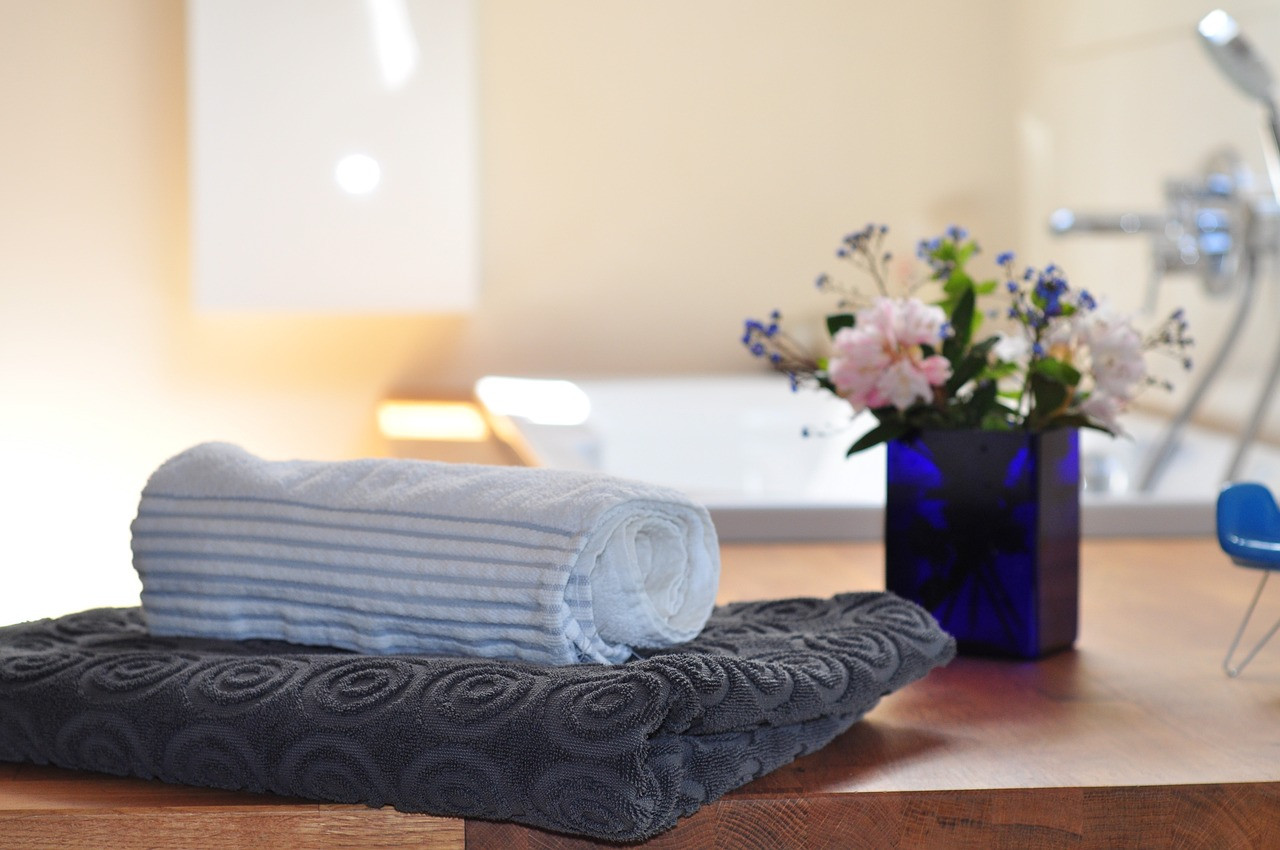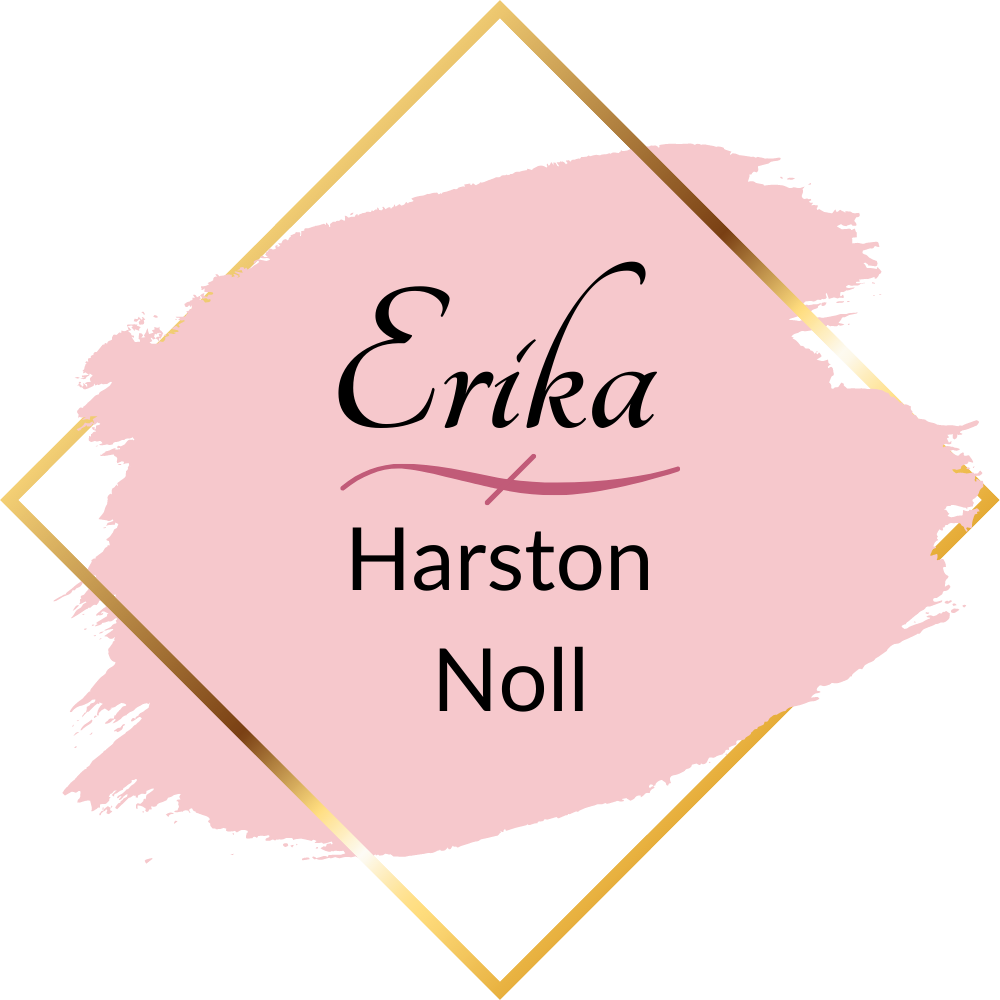This chart should help you recognize food dyes and their various names more easily!
Yes, many food dyes can have multiple names or designations based on their chemical composition, brand names, or regional differences. Here’s an updated chart including some additional names that may be used for common food dyes:
| Dye Name (Old) | Dye Name (New) | Other Names | Common Uses
|-----------------------|--------------------------------|---------------------------------------|----------------------------------------------------------
| Red 2 | E123 | Amaranth | Beverages, candies, desserts
| Red 3 | E127 | Erythrosine | Candies, maraschino cherries, dairy products
| Red 40 | Allura Red AC (E129) | Food Red 17 | Soft drinks, candies, baked goods
| Yellow 5 | Tartrazine (E102) | Food Yellow 4, E102 | Candies, snacks, beverages
| Yellow 6 | Sunset Yellow (E110) | Food Yellow 3 | Processed foods, snacks, desserts
| Blue 1 | Brilliant Blue FCF (E133) | Food Blue 2 | Beverages, candies, baked goods
| Blue 2 | Indigotine (E132) | Food Blue 1 | Candies, baked goods, beverages
| Green 3 | Fast Green (E143) | Food Green 2 | Beverages, candy, gelatin
| Orange B | E110 | Orange Yellow 2 | Snacks, beverages, sauces
| Carmine | Cochineal (E120) | Carminic acid, Natural Red 4 | Yogurt, beverages, confectionery
| Anthocyanins | E163 | Natural Red 2, Food Red 3 | Fruits, juices, sauces
| Beet Juice | E162 | Beet Red, Betanin | Juices, desserts, processed foods
***
- Carmine and cochineal are derived from insects (cochineal scale) and are often labeled as natural colorants.
- Anthocyanins are naturally occurring pigments found in many fruits and vegetables, commonly used in plant-based products.
- Beet Juice is a natural coloring often used as a healthier alternative to synthetic dyes.
Always check the ingredient list for any of these names, especially if you're looking to avoid certain dyes for health reasons or allergies!
- Some dyes have retained their original names while others have been reclassified or renamed.
- Always check the ingredient list for both the common name and the E-number when shopping for products to avoid specific dyes.
- Regulatory changes may influence the names and classifications of food dyes over time, so it's essential to stay updated on food labeling practices.
My blogs contain some affiliate links.
Any purchase made is a blessing to my family at no extra cost to you!
Thank you for supporting us!

The potential dangers of food dyes can vary, but several have been the focus of concern due to health risks and adverse effects. Here are some of the most commonly cited food dyes that are considered the most dangerous or controversial:
1. Red 40 (Allura Red AC)
- Concerns: Linked to hyperactivity and behavioral issues in children, especially in sensitive individuals. Some studies have suggested potential carcinogenic effects and allergic reactions.
- Common Uses: Candies, soft drinks, baked goods.
2. Yellow 5 (Tartrazine)
- Concerns: Associated with allergic reactions, including asthma and hives. Some studies suggest it may contribute to hyperactivity in children. It may also contain benzidine, a potential carcinogen, as a contaminant.
- Common Uses: Snacks, soft drinks, desserts.
3. Yellow 6 (Sunset Yellow)
- Concerns: Linked to allergies and hyperactivity in children. Some studies suggest potential carcinogenic effects based on animal studies.
- Common Uses: Processed foods, snacks, beverages.
4. Blue 1 (Brilliant Blue FCF)
- Concerns: Although considered safe in moderate amounts, there are ongoing debates about its long-term effects on health, including potential links to hyperactivity.
- Common Uses: Beverages, candies, baked goods.
5. Red 3 (Erythrosine)
- Concerns: Previously used widely, it was found to be carcinogenic in animal studies, leading to its ban in cosmetics and certain food products. It can still be found in some food items, raising safety concerns.
- Common Uses: Candies, baked goods, maraschino cherries.
6. Carmine (Cochineal)
- Concerns: While natural, it can cause severe allergic reactions in some individuals. It’s made from crushed cochineal insects, which may be a concern for vegetarians and vegans.
- Common Uses: Yogurt, beverages, confectionery.
7. Allura Red (Red 40) and Tartrazine (Yellow 5) Combination
- Concerns: When consumed together, these dyes have been associated with increased hyperactivity in sensitive individuals, as indicated in studies examining their effects in children.
While the FDA approves these dyes for use in food, there is ongoing debate about their long-term health impacts. Individuals with sensitivities, allergies, or those concerned about hyperactivity should be particularly cautious and read ingredient labels carefully. Opting for natural alternatives and whole foods can help minimize exposure to potentially harmful food dyes. Always consult with a healthcare professional for personalized dietary advice.
My blogs contain some affiliate links.
Any purchase made is a blessing to my family at no extra cost to you!
Thank you for supporting us!

As moms, we work tirelessly to protect the health and well-being of our children. So, it’s infuriating to see companies continually use harmful food dyes in candies and snacks marketed directly to our kids. These artificial dyes, linked to issues like hyperactivity, allergies, and even cancer in some studies, have no place in our children’s treats. Yet, they remain widespread, prioritizing bright colors and flashy marketing over the safety of our families. This blatant disregard for health is unacceptable, and it’s time for us to demand better from the companies profiting off our trust.
Candy often contains a variety of food dyes to enhance its visual appeal. Here are some of the most common food dyes found in candies:
1. Red 40 (Allura Red AC)
- Uses: Widely used in gummies, fruit-flavored candies, and chocolate-covered treats.
- Concerns: Linked to hyperactivity and allergic reactions in some individuals.
2. Yellow 5 (Tartrazine)
- Uses: Commonly found in sour candies, lemon-flavored treats, and yellow-colored confections.
- Concerns: Associated with allergic reactions and hyperactivity.
3. Yellow 6 (Sunset Yellow)
- Uses: Used in candies, particularly those that are orange or yellow, such as jelly beans and candy corn.
- Concerns: Linked to allergies and hyperactivity; may have carcinogenic potential in animal studies.
4. Blue 1 (Brilliant Blue FCF)
- Uses: Found in blue raspberry candies, lollipops, and some chocolate bars.
- Concerns: Although generally considered safe, some studies suggest potential links to hyperactivity.
5. Blue 2 (Indigotine)
- Uses: Common in blue-colored candies and drinks.
- Concerns: Safety concerns arise regarding its effects on hyperactivity, though more research is needed.
6. Green 3 (Fast Green)
- Uses: Sometimes used in green-colored candies or fruit-flavored confections.
- Concerns: Limited data on its safety; potential links to hyperactivity.
7. Red 3 (Erythrosine)
- Uses: Previously common in many candies, now less frequently used due to safety concerns.
- Concerns: Found to be carcinogenic in animal studies; its use has been restricted in some products.
Examples of Candies Containing These Dyes
- Gummy Bears: Often contain Red 40 and Yellow 5 for vibrant colors.
- Skittles: Use a combination of Red 40, Yellow 5, and Blue 1.
- M&M's: Often contain various dyes, including Yellow 5 and Red 40.
- Sour Patch Kids: Typically contain Red 40 and Yellow 5.
Candy manufacturers often rely on these synthetic dyes to create visually appealing products. However, health-conscious consumers should be aware of the potential risks associated with these additives, particularly for children who may be more sensitive to their effects. Reading ingredient labels can help identify and avoid certain dyes in candy.
We’ve had enough. Companies need to stop prioritizing profit over the health of the people they serve, especially our children. There’s no excuse for continuing to use harmful synthetic dyes when natural, safer alternatives are available. Moms everywhere are calling for transparency and action—remove these dangerous ingredients and offer healthier options. As consumers, we have power. Let’s use it to demand change, protect our families, and hold these companies accountable for what they put in our food. Together, we can create a world where the treats our children enjoy are as safe as they are sweet.
My blogs contain some affiliate links.
Any purchase made is a blessing to my family at no extra cost to you!
Thank you for supporting us!


Imagine unwinding in a warm, steamy sanctuary after a long day, all in the comfort of your own bathroom. While professional saunas may seem luxurious, creating a sauna experience in your home shower is entirely possible—and it’s a fantastic way to relax, relieve stress, and even support your body’s natural detox processes. With just a few simple adjustments, essential oils, and mindful time, you can transform an ordinary shower into a rejuvenating, spa-like retreat that’s perfect for unwinding at the end of a busy day. Creating a sauna-like experience in your bathroom shower is easier than it might sound; here’s how to set up your DIY sauna experience at home.
1. Set the Right Temperature
- Warm the Bathroom First: To get the room steamy, run a hot shower on high heat for a few minutes before stepping in. This will raise the overall humidity, making the air feel similar to a steam sauna.
- Adjust Shower Water Temperature: While you’ll want steam, avoid water that’s too hot to prevent discomfort. Aim for a water temperature of around 110-115°F (43-46°C) for safe, gentle steam.
- Close Off the Space: Seal gaps where cool air could enter, like the space under the door, to keep the heat and steam in, enhancing the sauna-like environment. It's best to use a smaller bathroom for this.
2. Add Essential Oils for an Aromatic Experience
- Peppermint or Eucalyptus: Add a few drops of eucalyptus or peppermint essential oil to a damp washcloth and place it on the shower floor. These oils create a refreshing and cleansing steam, ideal for opening sinuses and enhancing relaxation.
- Lavender or Chamomile: For a calming experience, try lavender or chamomile oils, which can create a soothing, spa-like atmosphere, perfect for unwinding. Here's a kit with a great value with even more options and it includes a diffuser. Use the code SHAREYL for 10% off your first purchase.
- Steam Diffusion Tip: Avoid adding oils directly to the water to protect your skin from concentrated oils. Instead, run a diffuser, or place a few drops on a shower steamer (find DIY shower steamers here) or a cloth positioned to catch rising steam but not direct water flow.
3. Time Your Sauna Session for Maximum Benefit
- Short, Focused Sessions: A DIY shower sauna session doesn’t need to be long; 10-15 minutes is typically sufficient for relaxation and gentle detox.
- Monitor Comfort Levels: Step out if you begin to feel lightheaded or overheated. Unlike professional saunas, home setups don’t have the same ventilation and temperature controls, so keep an eye on how you’re feeling.
- Follow Up with a Cold Rinse: For a refreshing finish, turn the shower to cool for 30 seconds before stepping out. This can stimulate circulation and close pores.
By setting your shower for the right temperature, using essential oils, and timing your sessions wisely, you can enjoy a spa-like experience right in your own bathroom! Enjoy the relaxation, mental clarity, and detoxifying benefits of your homemade sauna.
Taking time for self-care doesn’t always mean heading to a high-end spa. With a few simple steps, you can recreate the revitalizing sauna experience right in your bathroom. So, as you step out of your DIY shower sauna, you’ll likely feel clearer, more relaxed, and refreshed. Incorporating this ritual into your weekly routine is a rewarding way to care for both body and mind, bringing the benefits of the sauna to your daily life without ever leaving home.
My blogs contain some affiliate links.
Any purchase made is a blessing to my family at no extra cost to you!
Thank you for supporting us!

With so many brightly colored, sugary sports drinks available, it's easy to reach for the convenient option when you need electrolytes. However, many commercial electrolyte beverages are filled with artificial dyes, high fructose corn syrup, and synthetic additives that can do more harm than good. These ingredients may provide a quick energy boost, but they often come with unwanted side effects like blood sugar spikes, weight gain, and potential long-term health risks.
Why You Should Avoid Store-Bought Electrolyte Drinks:
1. Artificial Colors and Flavors: Many commercial drinks contain synthetic dyes linked to behavioral issues in children and potential carcinogenic effects.
2. Excessive Sugars: High levels of added sugars or artificial sweeteners can lead to metabolic disturbances and increase the risk of chronic diseases like diabetes.
3. Preservatives and Additives: Chemical preservatives can disrupt gut health and contribute to a host of other health issues.
4. Lack of Nutrient Density: Store-bought options often lack the natural minerals and vitamins your body truly needs to stay hydrated and energized.
Why Choose Natural, Healthy Alternatives?
Opting for natural electrolyte solutions not only supports better hydration but also nourishes your body with essential nutrients. Ingredients like coconut water, sea salt, and natural flavorings can provide a refreshing and healthful alternative without the toxic additives. Below are four delicious and easy-to-make recipes that will keep you hydrated and feeling your best.
Recipe 1: Young Living Vitality Drops + Electrolytes - Grapefruit/Bergamot or Lavender Lemonade
Ingredients:
- 1 liter of filtered water
- 2 squeezes of Young Living Vitality Drops + Electrolytes
- 1 tablespoon of freshly squeezed lemon juice
- A few mint leaves (optional)
Instructions:
1. Fill a large bottle with filtered water.
2. Add the Young Living Vitality Drops + Electrolytes.
3. Stir in the lemon juice for an extra burst of freshness.
4. If desired, add a few mint leaves for a cooling effect.
5. Shake well and enjoy your revitalizing drink!
Benefits: This blend combines the natural sweetness and tang of grapefruit with the added benefit of balanced, natural electrolytes from Young Living with no harmful additives, providing a flavorful and non-toxic way to stay hydrated and energized.
Recipe 2: Coconut Water and Sea Salt Replenisher
Ingredients:
- 1 cup of pure coconut water
- 1 cup of filtered water
- 1/4 teaspoon of Celtic sea salt
- 1 tablespoon of fresh lime juice
- 1 teaspoon of raw local honey or maple syrup (optional)
Instructions:
1. Mix the coconut water and filtered water in a bottle.
2. Add the Celtic sea salt and stir until it dissolves.
3. Incorporate the fresh lime juice and sweetener if using.
4. Shake well and enjoy the tropical refreshment!
Benefits: Coconut water is a natural source of potassium and magnesium, essential for hydration. The addition of sea salt provides sodium and chloride, helping to balance electrolyte levels.
Recipe 3: NingXia Red and Sea Salt Power Drink
Ingredients:
- 2 ounces of NingXia Red
- 1 cup of filtered water
- 1/4 teaspoon of Celtic sea salt
- 1 tablespoon of fresh lemon juice
Instructions:
1. Pour NingXia Red into a bottle.
2. Add filtered water to dilute to your desired taste.
3. Mix in the Celtic sea salt.
4. Add fresh lemon juice for a zesty twist.
5. Shake well and enjoy the antioxidant-rich hydration!
Benefits: NingXia Red is packed with antioxidants from wolfberries, supporting overall wellness. Paired with sea salt, this drink offers a powerful blend to replenish and energize.
Recipe 4: Ultimate All-in-One Electrolyte Boost
Ingredients:
- 1 cup of coconut water
- 2 ounces of NingXia Red
- 1 squeeze of Young Living Vitality Drops + Electrolytes
- 1 cup of filtered water
- 1/4 teaspoon of Celtic sea salt
- 1 tablespoon of fresh orange juice
Instructions:
1. Combine coconut water, NingXia Red, and filtered water in a large bottle.
2. Add the Young Living Vitality Drops + Electrolytes.
3. Stir in the Celtic sea salt and orange juice.
4. Shake well for a vibrant and nutrient-packed drink!
Benefits: This all-in-one mix harnesses the hydration power of coconut water, the antioxidant benefits of NingXia Red, and the balanced electrolytes from Young Living Drops and sea salt. Perfect for those intense workout sessions or hot summer days!
---
By making these simple yet powerful electrolyte drinks at home, you can avoid the pitfalls of commercial sports drinks and embrace a healthier, more natural way to stay hydrated. Your body will thank you!
My blogs contain some affiliate links.
Any purchase made is a blessing to my family at no extra cost to you!
Thank you for supporting us!



